Jacqueline Christy is hard at work promoting her debut feature film, “Magic Hour.” Twelve hours or so after returning to New York from Cannes, she’s on the phone from an Amtrak lounge, waiting to board the train that will take her upstate. Her film screens Friday afternoon at the Triplex Cinema in Great Barrington, the hub of the Berkshire International Film Festival.
At Cannes, she says, she talked to anyone who would listen about her plucky independent film, which tells the story of a beleaguered housewife who revives her decades-delayed dream of becoming a film director. One person in a position to make a difference told her something that stuck with her, she says: Sometimes, for any number of reasons, a little movie becomes the one that everyone seems to be talking about.
“I want to be the movie that everyone’s talking about,” Christy says.
That’s the hope of every filmmaker who brings their latest project to festivals such as BIFF, which marks its 19th year this weekend. In addition to screening more than two dozen documentaries and nearly as many narrative features, the festival is set to honor the actor Brian Cox with a special screening of his choice, “The Escapist” (2009).
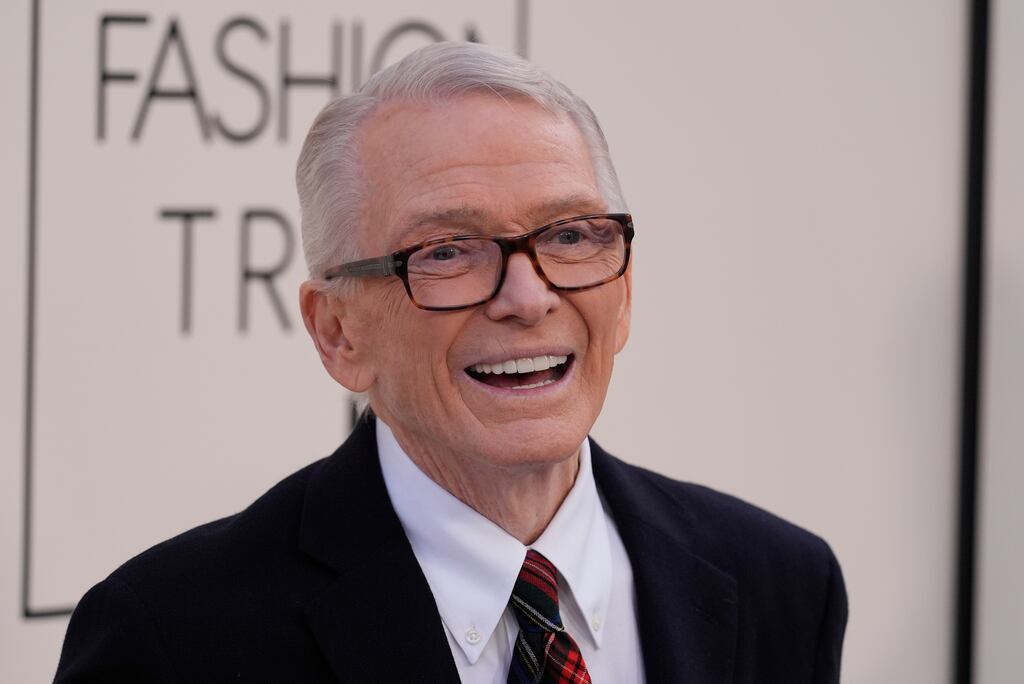
The fashion designer Bob Mackie will be on hand for a new documentary about his glitzy legacy, and the festival expects a large contingent from Needham for “Shattered Ice,” a new feature based on the true story of a teen suicide told through the lens of the school’s hockey team. The festival closes Sunday with a documentary about Marlee Matlin, the first deaf actor to win an Academy Award.
Kelley Vickery, BIFF’s founder and artistic director, created the festival shortly after moving to Western Massachusetts. Having worked at the Kennedy Center and with cultural organizations overseas, she appreciated her new community’s dedication to the arts — Tanglewood, Jacob’s Pillow, Mass MoCA.
“I thought, it’s funny that we don’t celebrate film,” she says. “I combined my skill set with a love of film, and the BIFF was born.”
Over the years, the festival has scored some coups. They’ve hosted the high-wire artist Philippe Petit (the 2009 Oscar winner “Man on Wire”) and the singer Darlene Love (2014 Best Documentary feature “20 Feet From Stardom”). In 2019, BIFF honored Martin Scorsese.
Cox, this year’s honoree, and his wife, Nicole Ansari, have a home in upstate New York, just over the Massachusetts border.
“They’re part of our community,” Vickery says. “They consider Great Barrington ‘their town.’”
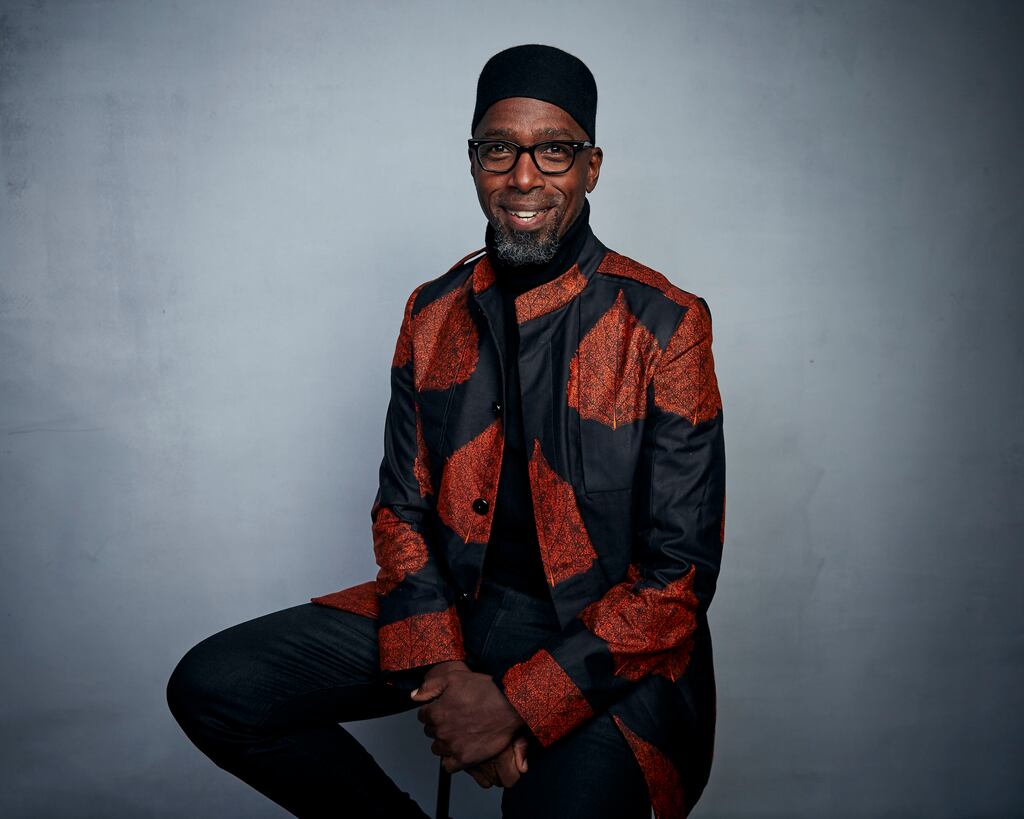
The actor and filmmaker Ntare Guma Mbaho Mwine is another local of sorts. He considers Stockbridge to be one of his hometowns. Born in New Hampshire to Ugandan parents, he lived in the Boston area while his mother attended Boston University and then attended middle school in Stockbridge.
Mwine will answer questions after the Friday screening of his new documentary, “Memories of Love Returned,” which is executive produced by Steven Soderbergh. While traveling in Uganda in 2002, Mwine met a photographer who’d been taking professional portraits, many of newlyweds or romantic partners, for nearly half a century. In the film, the actor takes on a long-term project to preserve Kibaate’s negatives and help community members identify their forebears.
Mwine met Soderbergh after he was cast in 2015 in the dramatic TV series “The Knick,” which Soderbergh directed. They struck up a friendship. Mwine mentioned his documentary project, and the filmmaker said, “I’ll have a check waiting for you.”
Though he now lives in LA, keeps his ties to Uganda, and spent the past six months in New York working on the upcoming series sequel “Dexter: Resurrection,” Mwine still considers Western Massachusetts to be an inspiration for his documentary.
“I’m literally going back to the genesis of the story for me, in a sense,” he says. “If we hadn’t lost our family photos when my mom moved back from Stockbridge to Uganda, I might not be the same person.”
For Christy, who is a graduate of Boston College, it’s especially important to present her film in the festival setting. “Magic Hour” begins and ends with her main character, Harriet, (Miriam Shor), in a cinema — first sobbing over a film in an otherwise empty theater, and later watching her own film, surrounded by cast, crew, friends, and family.
The movie theater “is part of the DNA of the movie,” Christy says.
The veteran actor Shor (“Maestro,” “American Fiction”) got her first significant notice in “Hedwig and the Angry Inch” (2002). The story behind “Magic Hour” is loosely based on Christy’s own experience of going back to film school, years after she founded a theater company in Tribeca.
While heavily fictionalized, she says, the lead character “is a distillation of all my most neurotic tendencies.” Audiences have been connecting with Harriet’s regrets and her unexpected response to her midlife crisis, Christy says: “Things are in flux in our world.”
Like a lot of other businesses, film distribution is going through some turmoil. Still, she’s keeping her hopes high.
“It’s a really unlikely thing for a movie this small to get what I want for it,” Christy says.
In “Memories of Love Returned,” Mwine quotes an old proverb: “He who moved slowly reaches far.”
“If I’m still talking about this film 40 years from now, I would be thrilled,” he says. “It’s really about celebrating these memories of love that were documented over a 50-year period. We need more of that.”
BERKSHIRE INTERNATIONAL FILM FESTIVAL
Thursday-Sunday at various venues in Great Barrington and Lenox. biffma.org
James Sullivan can be reached at jamesgsullivan@gmail.com.
Down with the King: Our film critic discusses ten of his favorite Stephen King movies‘Karate Kid: Legends’ proves it’s going to be a cruel, cruel summer
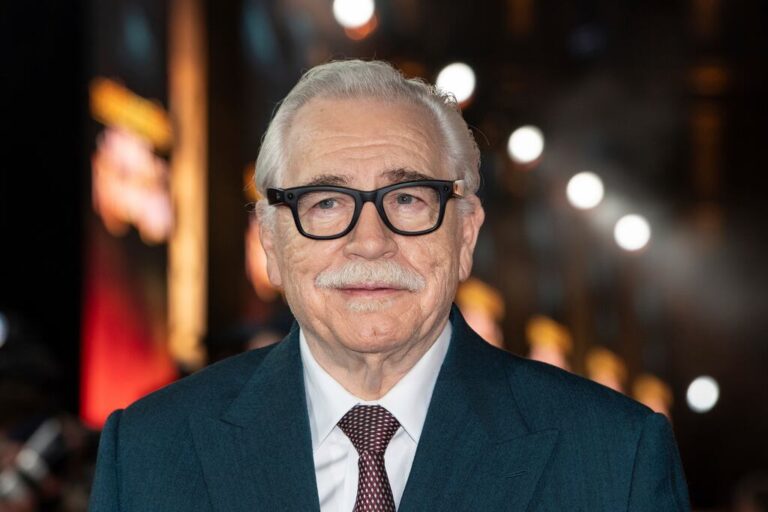
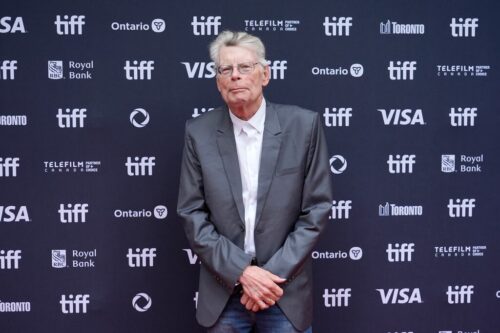
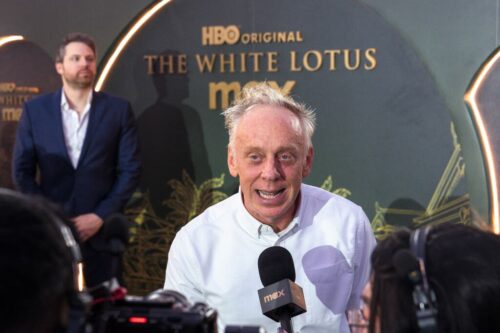
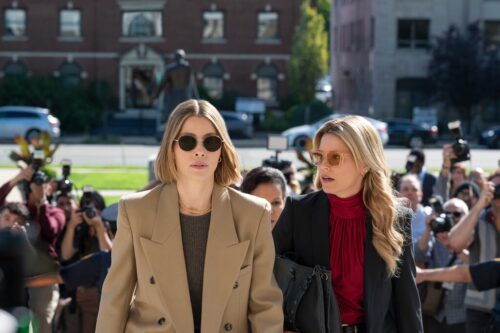
Comment count: